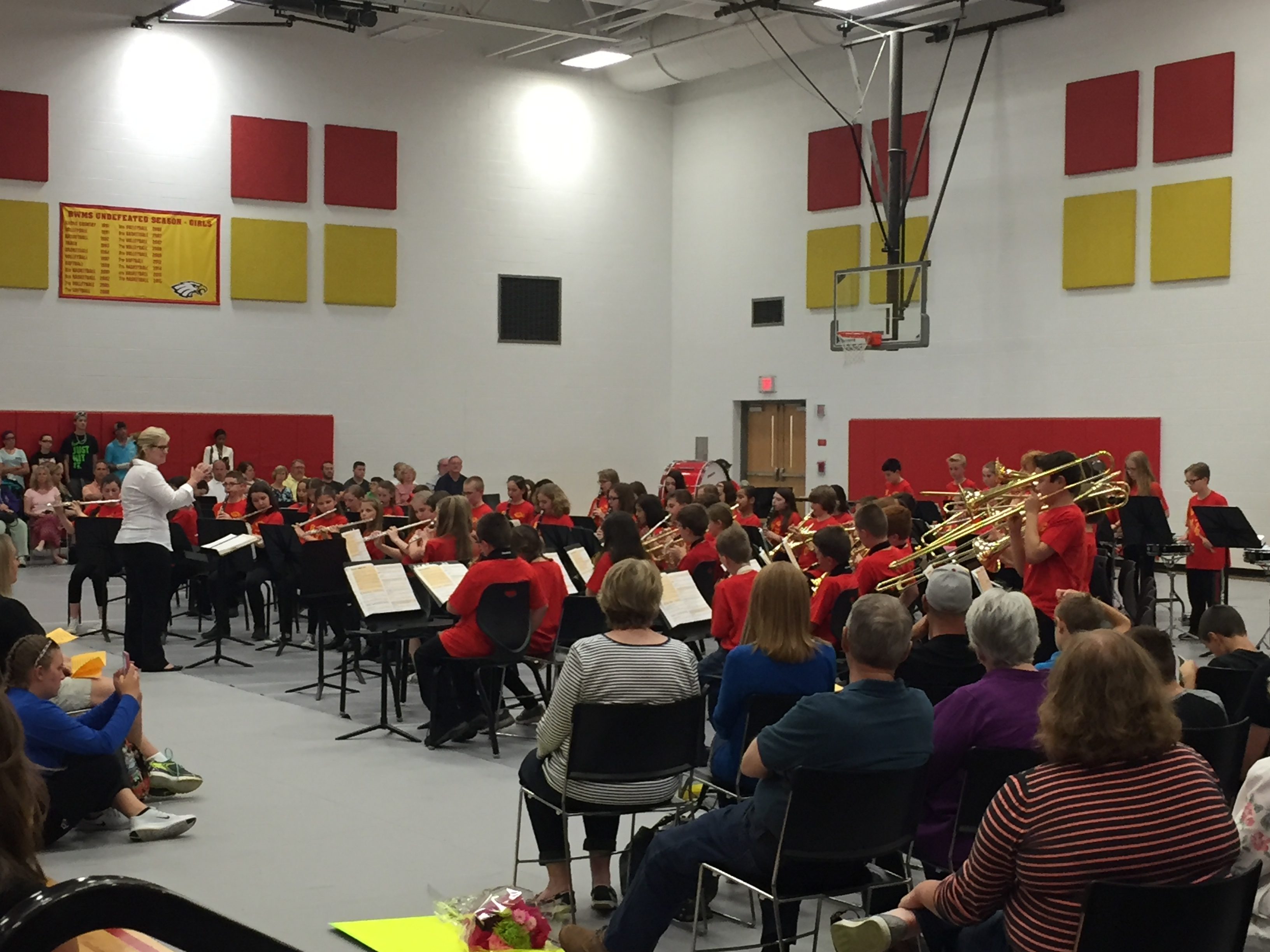Music Education Brain Research
- Marlene
- Blog, flute, Uncategorized
- 2 Comments
Music Education Brain Research
Music Education and Brain Research
Music education in the public schools has been under attack for decades. Although parents and teachers have advocated for more and better music programs, having seen the benefits to students, music programs are often the first programs to be cut when a school is under-funded. Neurologists are now conducting brain research that substantiates what we’ve intuitively always known about the advantages of early music education.
The Brain and Music Program at USC
Researchers at USC https://dornsife.usc.edu/bci/brain-and-music/ have been conducting interesting experiments that will (hopefully) guide the education system in understanding how important music education is for students.
In October 2016, the USC researchers published a paper
“Neural correlates of accelerated auditory processing in children engaged in music training published in Developmental Cognitive Neuroscience”
(Volume 21, October 2016, Pages 1–14) http://www.sciencedirect.com/science/article/pii/S1878929315301122
detailing the brain activity of students with music training vs. students who had not received music instruction. Like other studies, their results were conclusive: studying music changes the brain in significant and important ways.
Their conclusion is that
“These findings provide evidence that childhood music training has a measurable impact in the development of auditory processes. Although the findings described here are restricted to auditory skills and to their neural correlates, such enhanced maturation may favor faster and more efficient development of language skills as well, given that some of the neural substrates to these different processes are shared. Our findings demonstrate that music education has an important role to play in childhood development and add to the converging evidence that music training is capable of shaping skills that are ingredients of success in social and academic development. It is of particular importance that we show these effects in children from disadvantaged backgrounds.” (emphasis mine)
I have blogged about similar research in these posts:

2 comments